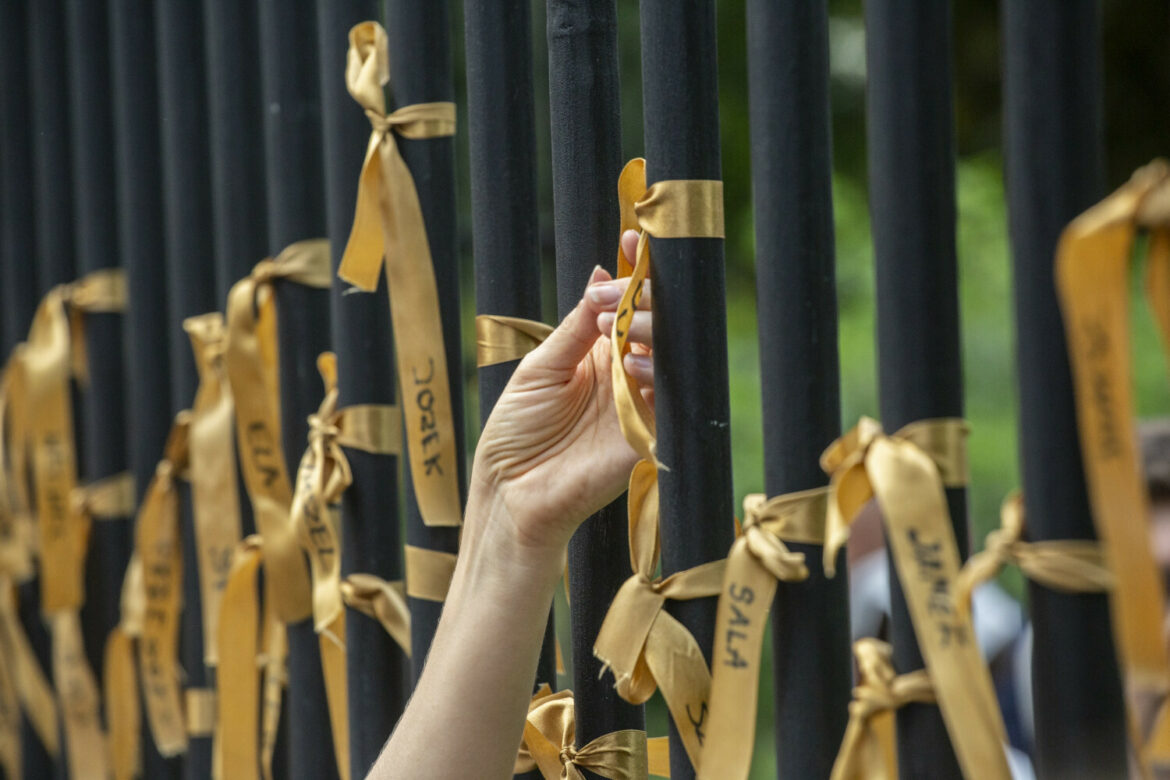On the 80th anniversary of the start of the German “Grossaktion” – the large-scale deportation of Jews to the Treblinka extermination camp, a March of Remembrance on 22 July 1942 will pass through the streets of Warsaw. The march, organised by the Jewish Historical Institute, will pass the symbolic route “from death to life” and end on Stare Nalewki Street, where the centre of Jewish Warsaw was located before the war.
From 22 July to 21 September 1942, at Umschlagplatz – the reloading area on Stawki Street from where transports to the gas chambers departed – nearly 300,000 Jews were murdered by the Germans in the overcrowded trains heading to the camp and at Treblinka itself.
“In the March of Remembrance on 22 July 2022, as every year, we will pay tribute to the victims of the great deportation. In a special way, we will remember the Jewish refugees and displaced persons from the cities and towns of occupied Poland and Europe who died in the Warsaw Ghetto due to hunger and disease or were exterminated at Treblinka in the summer of 1942,” inform the organisers of the March.
As every year, participants of the March will carry symbolic Ribbons of Remembrance, with the names of murdered displaced persons and Jewish refugees. The March will culminate with a concert prepared by cellist and arranger Michał Pepol in collaboration with Slawa Przybylska, a legend of the Polish music scene.
The year 2022 marks the 80th anniversary of the beginning of Operation Reinhardt, the plan for the genocide of Polish Jews prepared and carried out by Nazi Germany. By the end of the action in November 1943, the Germans had murdered nearly 2 million Jews from the General Government, the Bialystok district and other European countries.
The main extermination centres were the camps Belzec, Sobibor, Treblinka and Majdanek, where the Jews were murdered with gas. Thousands of Jews were also shot on the streets of the ghettos and died from lack of water and air during transports. As a result of Operation Reinhardt, most of the large Jewish communities in occupied Poland ceased to exist.
Arkadiusz Słomczyński





